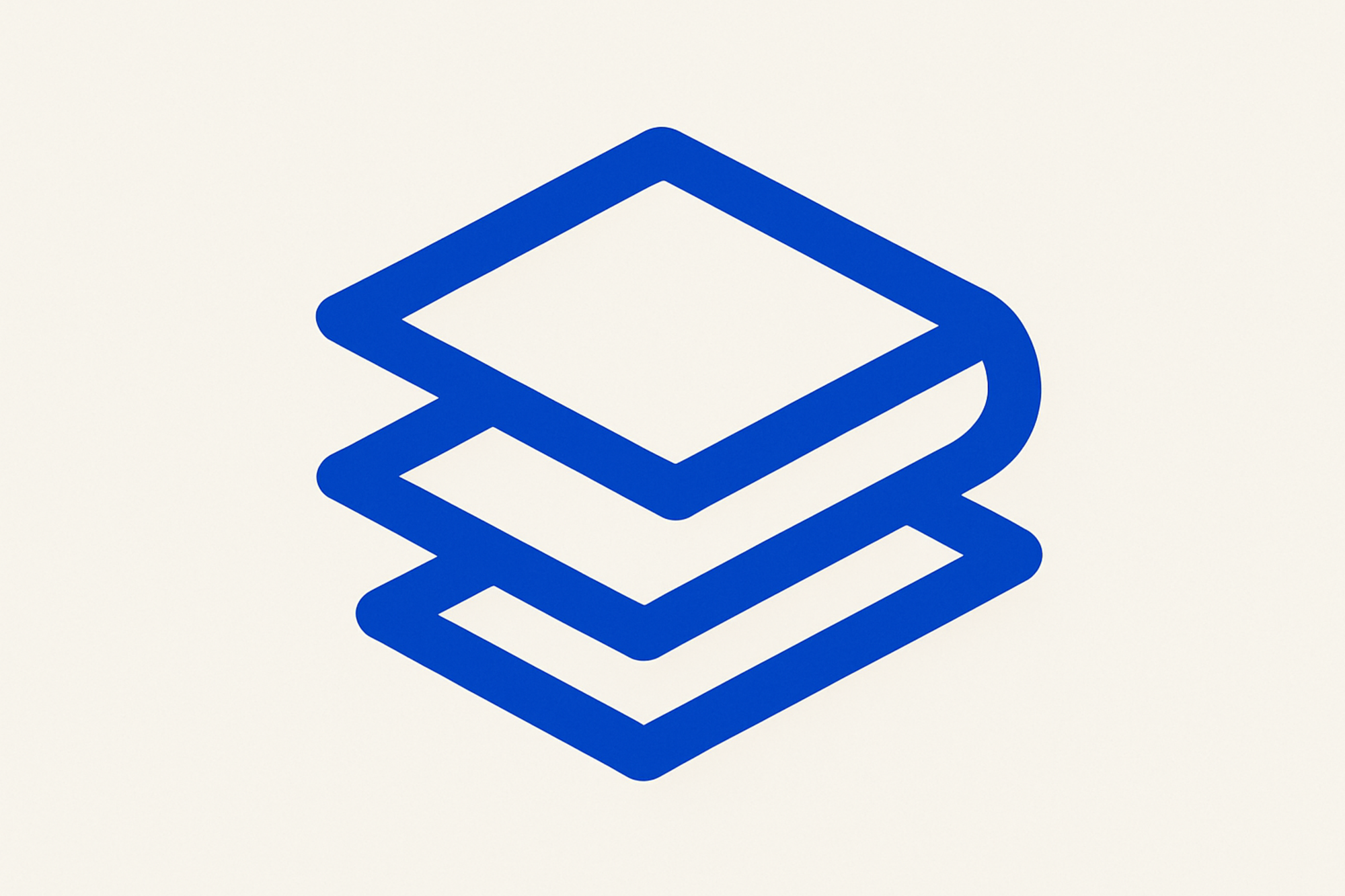All-In Bets and Pixelated Islands: AI and the Freemium Tipping Point

It’s been a week of creative rewiring, financial chest-beating, and enough corporate AI optimism to keep a server farm warm through winter. As major tech titans pour billions into artificial intelligence infrastructure, regular folks are left sorting through the fallout: app overhauls, privacy scare-mongering, and the inevitable morphing of beloved products into freemium platforms. This batch of tech news headlines paints a picture of a distinctly 2025 reality, where software is subscription-curious, AI is everywhere, and the biggest companies in the world aren’t just betting on AI—they’re betting everything.
Big Tech: Betting, Spending, and More Spending
Google, Meta, and Microsoft are outdoing each other in both profits and AI spending this quarter (WIRED). The numbers verge on cartoonish—Alphabet is expecting $91–93 billion in capital expenditures for the year, Meta expects up to $72 billion and isn’t finished, and Microsoft’s $34.9 billion for the quarter only marks the beginning. Record AI-fueled revenues are cited as the reason, with a recurring hint that this may be a bubble waiting to burst. Still, Mark Zuckerberg and Sundar Pichai are undeterred, pressing aggressively ahead on capacity (and, by extension, power and control) in a high-stakes race that admits little space for smaller players.
This arms race has clear trickle-down effects. Nvidia is spreading its bets through massive investments, such as the reported $1B thrown at Poolside, an AI model startup targeting software development (TechCrunch). Apple, meanwhile, is telegraphing more AI integrations, including possibly those from competitors—ChatGPT is already in Siri, and Google Gemini may soon be next (The Verge).
If It’s Not Freemium, Is It Even Real?
The consolidation of software into all-in-one apps continues. Canva’s acquisition of Affinity has led to a single, unified creative tool—free to use, with, of course, the gentle nudge toward sign-ups and potential upsells (Engadget). For creators, this could mean fewer purchase headaches, but also a subtle commodification of creativity: your work is the product, your data is the upsell. The original appeal of Affinity—subscribing to nothing and owning your tools—has been replaced by the reality of tight platform lock-in, integration, and, well, waiting for the next monetization move.
Over in AI, OpenAI’s text-to-video tool Sora now has extra “credits” on sale, and the company is open about its plan to cut back on free use as it ramps up monetization (Engadget). With cameos of pop culture icons soon to come—if you or your lawyer can afford it—AI generation is taking on both the economics of video games and the patchwork legality of modern IP.
Beneath the Glitz: Surveillance, Security, and the Router Reality
The U.S. government’s potential ban on TP-Link routers does little to assuage long-standing concerns about data privacy and surveillance (CNET). The ban is fueled by suspicions of Chinese government influence—accusations that TP-Link disputes. Yet security experts sound a familiar refrain: all routers are vulnerable, regardless of origin. Geopolitics aside, consumers are stuck in the same place as ever: updating firmware, rotating passwords, and hoping that the vulnerabilities in their devices remain unexploited and unpoliticized.
The current climate of AI-fueled hypergrowth also means that even security narratives are submerged in the waves of hardware refreshes and software updates, as platforms gear up for even more rapid cycles of replacement and monetization.
What’s Actually Fun? Gaming Evolves While Reality Gets Shinier
Amidst boardroom drama and geopolitics, a ray of sunshine: Animal Crossing is back, and apparently in Lego form (CNET). With the long-awaited Switch 2 edition, players can expect 4K graphics, collaborative creative play, and enough retro Nintendo memorabilia to spark a thousand TikToks. The addition of a "reset service" (for the digital packrats among us) signals that even in virtual utopia, sometimes you just need to start fresh.
On the VR front, Microsoft is bringing its Windows 11 remote desktop to Meta’s Quest 3, expanding the universe of desk-bound reality (The Verge). Who needs a cubicle when you can spread a dozen ultra-wide screens around your virtual home and still check if the cat stole your lunch in meatspace?
The AI Bubble, or the New Normal?
If any trend ties this week together, it’s the sense that AI is subsuming everything—software, hardware, budget reports, and increasingly, the user experience. Whether there’s a bubble is almost beside the point when every market and every product has been hit with the AI optimization stick: spending is up, expectations are up, and the consequences—kinder, more collaborative virtual islands or a less secure router—are simply part of the deal.
References
- Animal Crossing Update Adds Lego Furniture, With a Switch 2 Version Arriving the Same Day - CNET
- OpenAI now sells extra Sora credits for $4, plans to reduce free gens in the future - Engadget
- Tim Cook says more AIs are coming to Apple Intelligence | The Verge
- Nvidia is reportedly investing up to $1B in Poolside | TechCrunch
- Affinity resurfaces as an all-in-one illustration, photo editing and layout app - Engadget
- Meta, Google, and Microsoft Triple Down on AI Spending | WIRED
- US Government Urges Total Ban of Our Most Popular Wi-Fi Router - CNET
- Windows 11’s Vision Pro-like remote desktop is now widely available on Quest 3 | The Verge
